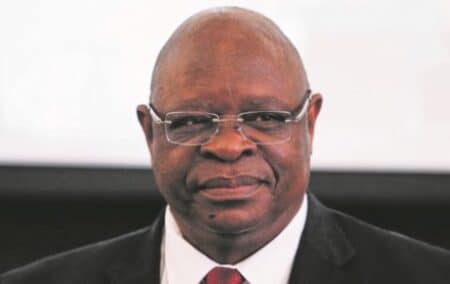An affidavit to the Zondo Commission has detailed how senior positions in the Department of International Relations and Cooperation were assigned in the expectation of financial support being given to the African National Congress, according to a report on News24.
The affidavit, by Sehloho Moloi, a career diplomat DIRCO – chief director for Human Rights and Humanitarian Affairs – said that the party’s deployment committee had decided on postings on the department. This included ambassadorships. These were then to be approved by DIRCO and the president. The appointees would be expected to make regular donations to the ANC.
He stated in his affidavit: ‘In order to prove these allegations, evidence will be presented, for example, of how the ANC [ab]used its influence and role as the majority party or the so-called ruling party, to deploy its cadres and other political appointees into the foreign service for purposes of raising funds for its coffers through soliciting kickbacks ostensibly in exchange for ambassadorial positions, which ANC deployees, cadres and appointees duly pay.’
He claimed he was asked for a contribution, but refused to pay.
Moloi was scathing of the conduct of MPs in having passed the Foreign Services Act, which did not require ‘career-orientation, professionalism and non-partisanship’ as requirements for appointment. The omission of this was, he said, intended to enable the appointment of unqualified people to the exclusion of professionals.
He went on to say: ‘When the ANC deploys its own cadres and associates into the foreign service or makes recommendations to the minister or imposes these appointees on the president with the clear intention of receiving kickbacks from these deployees, the ANC will not only be violating the Constitution, but it will be engaging in a criminal conspiracy and corruption where it will be using a government institution [the foreign service] and resources for its own financial benefit.’
Moloi indicated that ‘there is an intention to apply to the high court for the review and setting aside certain provisions of the Foreign Services Act.’
The appointment of ambassadors with political backgrounds has long been practiced in South Africa – something that is not unique to the country. At times, opposition politicians have been appointed in displays of national unity. However, concerns have been expressed about the efficacy of the country’s diplomatic service, and whether it is delivering a contribution to South Africa’s developmental efforts.

